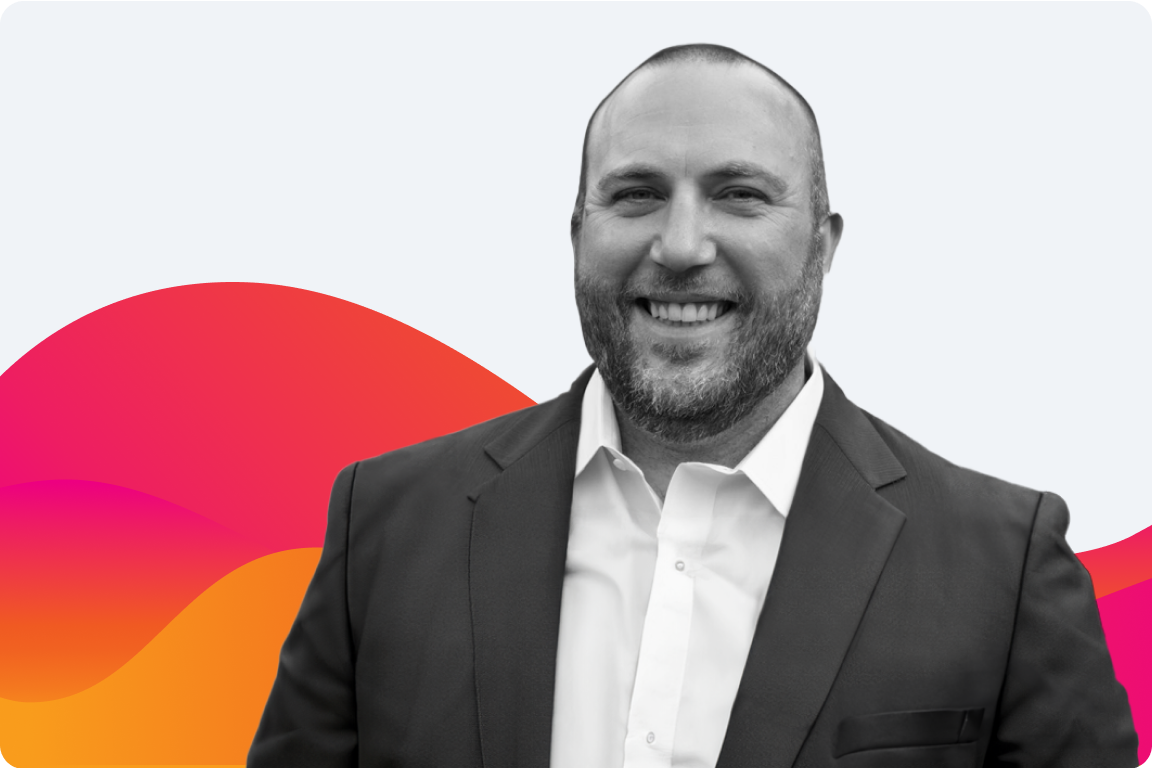Perspectives Home / Leadership
How To Win Security Allies and Influence the Business
Splunk’s CISO shares four lessons he’s learned over 20 years of working in cybersecurity.

By Jason Lee, CISO
JULY 11, 2023 • 5 minute read
Read more Perspectives by Splunk
July 11, 2023 • 8 Minute Read
There are a few solutions savvy hiring managers can explore to be proactive.
July 11, 2023 • 4 Minute Read
3 Lessons From Cybersecurity Leaders in 2023
The research is in: Here's what we learned from surveying 1,500+ leaders in DevSecOps about the state of security today.
July 11, 2023 • 5 Minute Read
Strategic Investments CISOs Should Make for Long-term Success
Philadelphia’s new deputy CISO shares tips on training the next generation of security leaders and more.